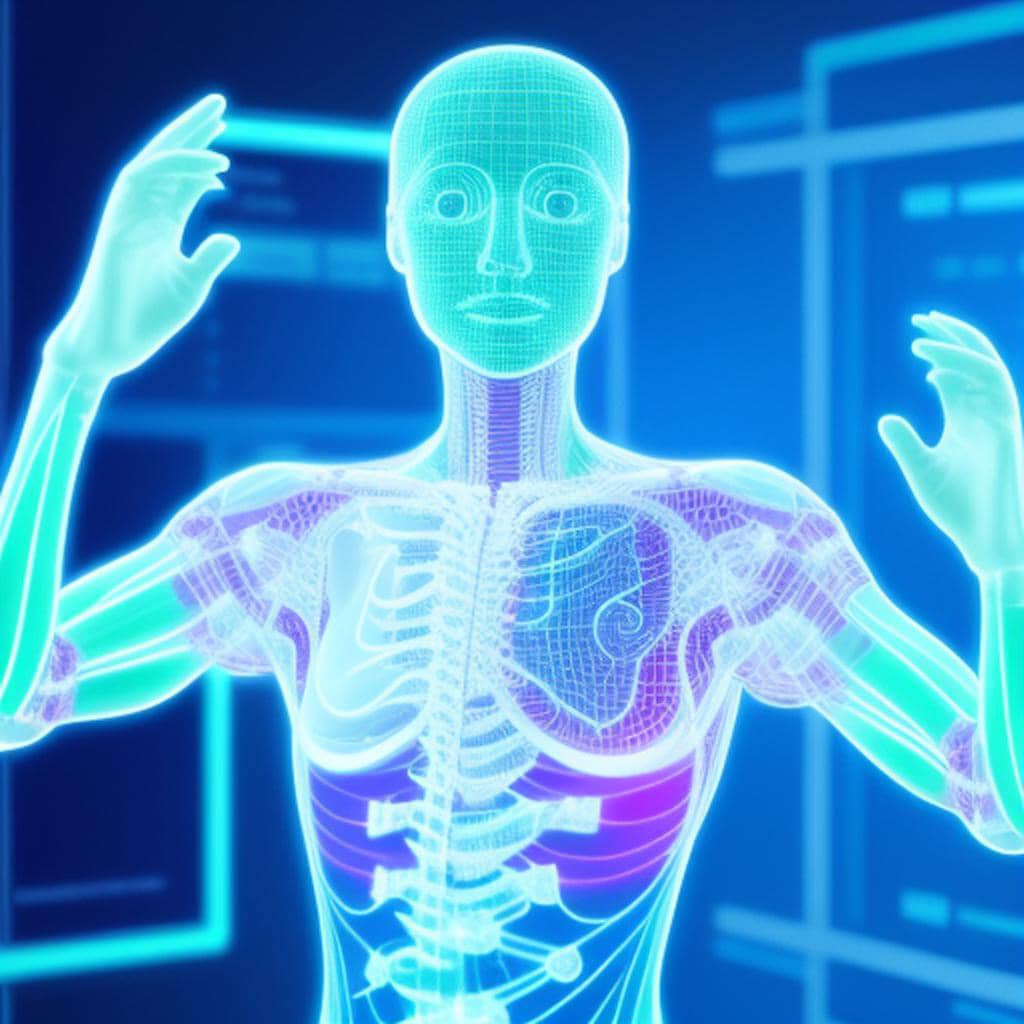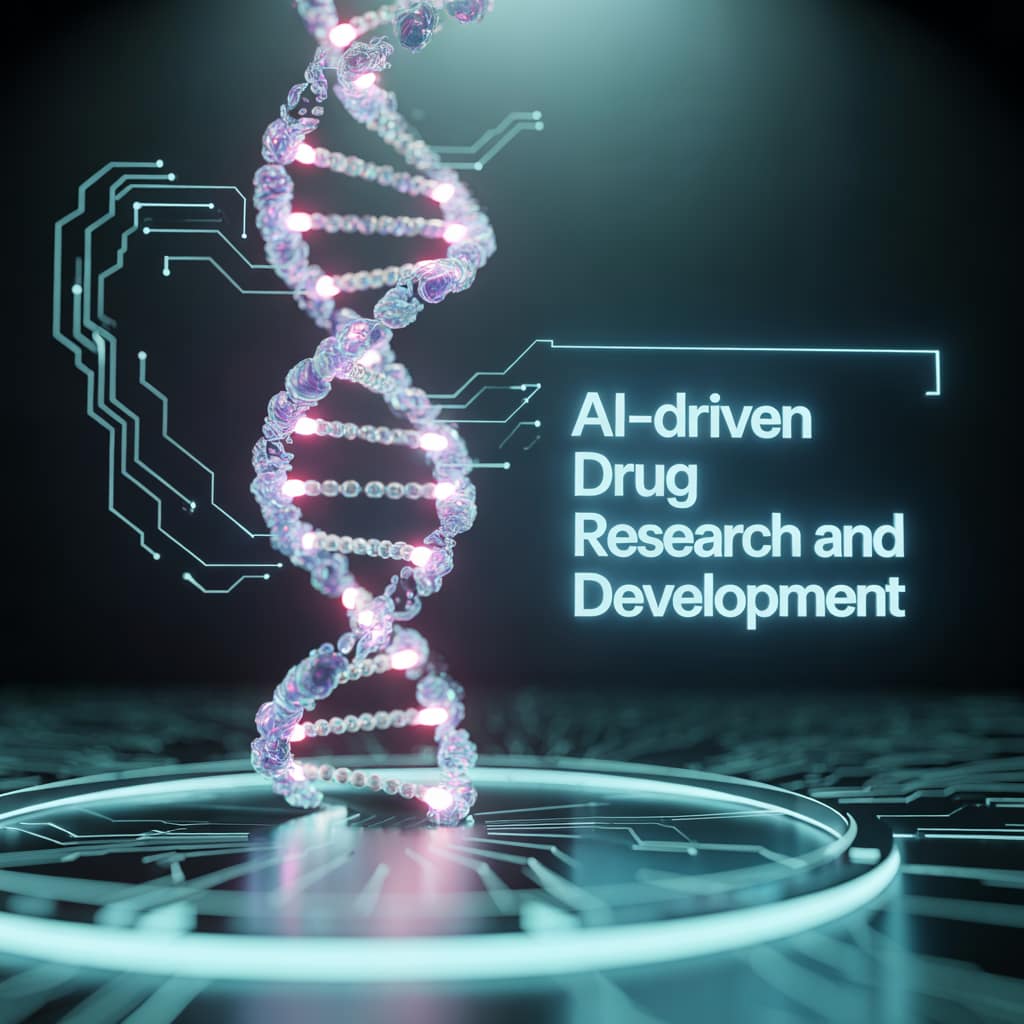Some excellent questions regarding AI and diagnostics
- How is artificial intelligence being used in medical diagnostics today?
- What are the potential benefits of incorporating AI into diagnostic processes?
- What are the main challenges in implementing AI for diagnostic purposes?
- How does AI assist in improving accuracy and efficiency in medical diagnoses?
- What are some examples of successful applications of AI in diagnostic medicine?
- What ethical considerations arise when using AI in diagnostic decision-making?
- How does AI handle uncertainty and variability in diagnostic scenarios?
- What steps are being taken to ensure the transparency and interpretability of AI-based diagnostic algorithms?
- What are the limitations and potential pitfalls of relying heavily on AI for diagnostics?
- How can AI augment the expertise of healthcare professionals in making diagnostic decisions?
- What role can AI play in early detection and prediction of diseases?
- How can AI assist in personalized medicine and tailoring treatments based on individual patient characteristics?
- What measures are in place to address biases and disparities that could arise from using AI in diagnostics?
- How can AI be integrated into existing healthcare systems and workflows for seamless diagnostics?
- What research and development efforts are underway to further enhance AI’s capabilities in diagnostic medicine?
These questions can help facilitate discussions and provide insights into the current state and future potential of AI in diagnostics.

Thank you for questions, shares and comments!
Share your thoughts or questions in the comments below!
Source OpenAI’s GPT language models, Fleeky, MIB, & Picsart






